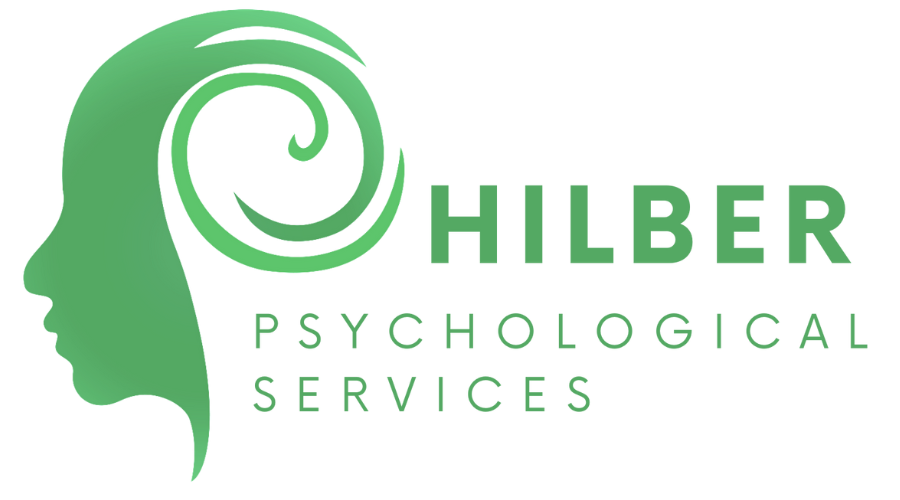In the article “Correction Through Connection. As it turns out, there is no other way,” author Karen Young addresses how punishment cause a strain on your parent-child relationship especially if it is consistently used. She states that “if [you’re] looking to support our children and teens towards a better way to be, the only way to do this is through connection.”
Young denotes that yelling, or any kind of shaming, will cause your child to be less inclined to do the task that is being asked or even learn from the task or the yelling. Anytime that a child perceives a threat, the body goes into a fight or flight response. This perception can be based on whether or not something is actually a threat: “it’s about the way the brain perceives what’s happening – and the brain will always perceive yelling, or any response that shames or belittles, as a threat” (Young).
Especially when shouting comes from an adult, a child is more likely to feel unsafe because they are so used to their parent acting one way and then suddenly the parent is disappointed or mad. When it comes to this, it is important to remember that your child’s brain is still developing and their frontal lobes (controls higher-order thinking) are probably not making the best decisions or judgments. It is critical to understand that your child is changing ad practicing as well: “as children grow, they will slowly take over the role of protecting themselves” (Young), but until then, allow for mistakes and change to occur as they grow.
The main goal that parents want to accomplish is seeing their child as a successful adult later on in life. This only happens if they have raised their “children and teens through to adulthood in a way that will help them discover the best versions of themselves” (Young). For this to happen, children need to know that their parents will keep them safe. If kids feel safe and secure, they are more likely to open up and communicate with their parents on what is going on in their life. Kids are going to make mistakes, and they need to know that you, as parents, will not react and punish them. Young notes that if you “associate shame and fear so strongly with messing up” then they will be more scared to make mistakes and even less likely to talk to their parents. Through connection, your children are more likely to warm up quicker, open up, and ask questions.
Now, this does not mean that there should be no rules or follow through, but instead guidelines and boundaries for your child to follow. Young states that parents “need to be mindful of not putting consequences in place just for the sake of feeling as though [you] are doing something,” but instead reflect on yourself and how your actions can affect your child’s learning ability. Sometimes this is in the form of extra rules or commands to feel like you are controlling the situation. Connecting with your child will invite them in and together can make better decisions and practice better behavior. You and your child need to help each other reinvent or invent a new sense of self. In the book, “Inventing Ourselves,” author Sarah-Jayne Blakemore illustrates that you, as parents, will understand your child better if you understand what is going on in their brain.
Young declares that your children still need you in their life even though they may not always show it:
“They can only learn from us when they are feeling safe. This isn’t always easy – sometimes we will be completely over it all, but it’s when they are at their worst, that they will need us more than ever. If you can’t love them out of a bad decision, be the one to love them through it. It will be the most powerful, most soulful, most meaningful way to teach them a better way to be.”
For more information on Hilber Psychological Services can help you with connecting with children or teens, parent-child interactions and parenting, please contact us.
- Written by Lily Schmitt and Tanya L. Hilber, PsyD
References
Blakemore, Sarah-Jayne. “Inventing Ourselves.” Penguin Company. 2018. https://www.penguin.co.uk/books/1110515/inventing-ourselves/9781784161347.html
Young, Karen. “Correction Through Connection. As it turns out, there is no other way.” Hey Sigmund. https://www.heysigmund.com/correction-through-connection-as-it-turns-out-there-is-no-other-way/





